In the ever-evolving world of photography, selecting the right digital camera brand can make a significant difference in capturing life's finest moments with precision and creativity. Renowned for their innovation and superior quality, brands like Canon, Nikon, Sony, and Fujifilm continue to lead the market, offering a wide range of cameras designed to meet the diverse needs of both amateur photographers and seasoned professionals. Each brand brings its unique strengths: Canon is celebrated for its exceptional lenses, Nikon for its robust build and performance, Sony for its cutting-edge technology, and Fujifilm for its classic design and vibrant colors. To explore the top contenders in the world of digital photography and find the ideal camera brand for your needs, delve into the list below.
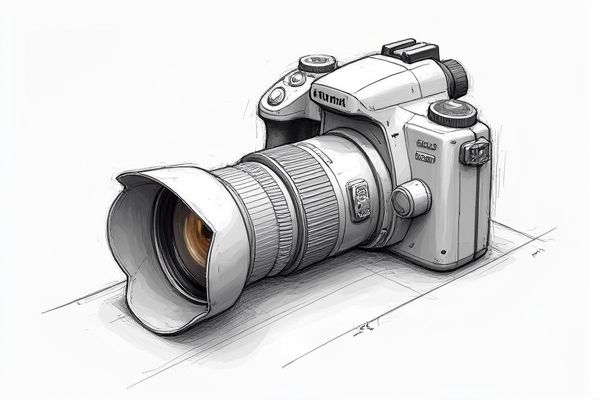
Illustration of digital camera
Best brands of digital camera in 2025
Canon
Canon remains the dominant force in the digital camera market, holding a significant 46.5% market share as of 2023, nearly double that of its closest competitor, Sony, which has a 26.1% share. This dominance is evident in both mirrorless and DSLR sales, with Canon selling over 3.348 million camera units in 2023. Despite Sony's lead in the value of cameras sold and its dominance in the CMOS sensor market, Canon's broad range of products, including affordable models like the EOS R100 and EOS R8, has helped maintain its market lead. Nikon, Fujifilm, and Panasonic follow with significantly lower market shares of 11.7%, 5.8%, and 4.2%, respectively. Canon's strategy of offering low-cost models has been a key factor in its continued market success. For more detailed information, visit Canon's leading position in the camera market.
Nikon
Nikon, a pioneering brand in the photography industry, has been a dominant player for over a century, since its establishment in 1917. Despite recent market share declines, Nikon remains the third-largest camera manufacturer globally, accounting for 13.7% of camera sales in 2021. The company has seen a resurgence in Japan, particularly in the mirrorless market, where its market share increased to 12.9% in May 2023, thanks to models like the Z8 and Z9. Nikon's imaging products business has also shown significant growth, with an 18.7% revenue increase in 2022 driven by mid-to-high-end product sales. The company's interchangeable lenses lead its sales, with 340,000 units sold in the first quarter of 2023. For more details about Nikon's innovative products, you can visit their official website.
Sony
Sony is a leading producer in the digital camera market, holding a significant 27.9% market share as of 2024, an increase from the previous year. Despite Canon's dominance with a 46.5% market share, Sony excels in the full-frame mirrorless camera segment, claiming the number one spot in this category. Sony's image sensor business is also robust, with a 53% global market share by revenue in 2023, up from 49% in 2022. The company's lenses and cinema camera business are highly profitable, with lenses being more profitable than its interchangeable lens cameras. Sony's technological advancements, such as the global shutter image sensor, further solidify its position in the industry. For more detailed information, visit Sony's official website.
Fujifilm
Fujifilm stands as a significant player in the digital camera market, boasting a 6% global market share in 2023 with the sale of 430,000 units, primarily driven by its X and GFX camera series. The company is particularly strong in the non-full-frame camera segment, holding around 40% of this market. Fujifilm's cameras are renowned for their durability, weather resistance, and high image quality, making them a favorite among photographers. Despite production and shipping challenges, Fujifilm continues to innovate, as seen in the latest X100VI model. The brand's focus on APS-C and medium-format cameras has solidified its position as a market leader. For more detailed insights, explore Fujifilm's market share statistics here.
Panasonic
Panasonic, although a smaller player in the digital camera market, holds a significant presence with a 4.4% market share in 2021 and a 5.5% share in the global mirrorless camera market. The company has been operating for 105 years and generated $57 billion in revenue in 2022. Panasonic's camera division, despite being behind giants like Canon and Sony, has introduced premium cameras such as the DC-S1H and the Lumix S9, targeting various segments including social media content creators. With a global market cap of $20.49 billion as of March 2023, Panasonic continues to innovate and expand its market reach. Its cameras are known for their advanced features and user-friendly interfaces. For more detailed insights into Panasonic's market statistics, you can visit Panasonic's statistics page.
Olympus
Olympus, now known as OM Digital, remains a significant player in the digital camera market, particularly in the mirrorless segment. In 2023, OM Digital increased their mirrorless market share by 1.6% compared to 2022, holding a 14.3% share in the Japanese market. Despite recording losses for five consecutive years, the company has been restructuring to focus on high-performance mirrorless cameras, which has helped in maintaining their market position. In Japan, OM Digital is the third-largest seller of mirrorless cameras, behind Sony and Canon. Their recent models, such as the OM System OM-1, have received positive reception, contributing to their stable market presence. For more insights, you can read about OM Digital's market performance here.
Leica
Leica, a historic and premium camera brand founded in 1913, is renowned for its high-quality and luxury digital cameras. The company has consistently set sales records, with a 9% increase in sales revenues to 485 million euros in the 2022/23 financial year, marking its third consecutive year of record revenue. Leica aims to achieve a 1% global camera market share, currently holding 0.15%, with the US as its largest market and China expected to overtake it within five years. Known for its M-System and other premium products, Leica's cameras are celebrated for their craftsmanship, image quality, and unique user experience. The brand's focus on premium products has helped it maintain growth in a challenging camera market.
Pentax
Pentax, operating under the Ricoh Imaging brand, is renowned for its high-quality digital cameras, especially its DSLRs and medium format models. In 2023, Ricoh Imaging secured a 0.8% market share in the global digital camera market, with sales reaching 60,000 units. The Pentax K-series DSLRs are celebrated for their rugged build quality, advanced weather-sealing, and impressive image stabilization capabilities. The Pentax 645Z medium format camera distinguishes itself with a 51.4-megapixel sensor, offering superior resolution and dynamic range. Despite its smaller market share, Pentax maintains a dedicated fanbase due to its unique features and exceptional image quality. Learn more about Pentax and Ricoh Imaging on their informational blog.
GoPro
GoPro is a leading brand in the action camera market, holding approximately 47% of the global market share as of 2023. Known for its innovative products like the GoPro HERO11 Black, the company has consistently dominated the industry since its inception in 2002. In 2023, the average selling price of GoPro cameras was around $350, and the company generated $1 billion in revenue, with over 895 million camera units shipped. GoPro's strong market presence is also reflected in its subscription service, which saw 2.5 million subscribers with a year-over-year growth rate of 12%. The company's products are popular among younger users, with 60% of action camera users aged between 18-34 years. Discover more about their innovative action cameras on their official website.
Hasselblad
Hasselblad, a Swedish manufacturer founded in 1941, is renowned for its high-quality medium format cameras, having played a historic role in NASA's Apollo missions. The company introduced the world's first digital compact mirrorless medium-format camera, the X1D-50c, in 2016, marking a significant shift in the portability of medium-format photography. Despite challenges, Hasselblad has maintained its market position, with nearly all its previous medium format camera competition either sold, closed, or reduced in market presence. In 2017, DJI acquired a majority stake in Hasselblad, further solidifying its position in the market. Hasselblad's cameras, such as the X1D-50c, have received high DxOMark scores, highlighting their exceptional image quality.










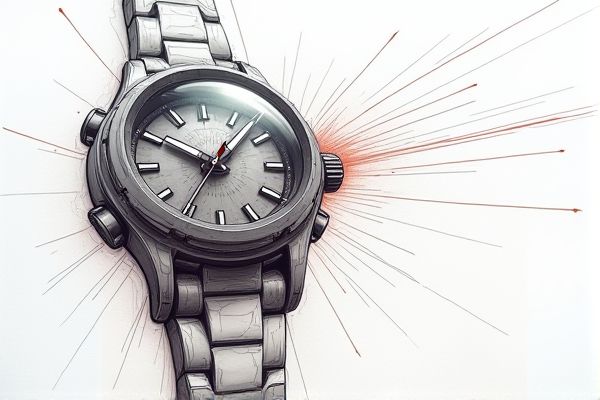
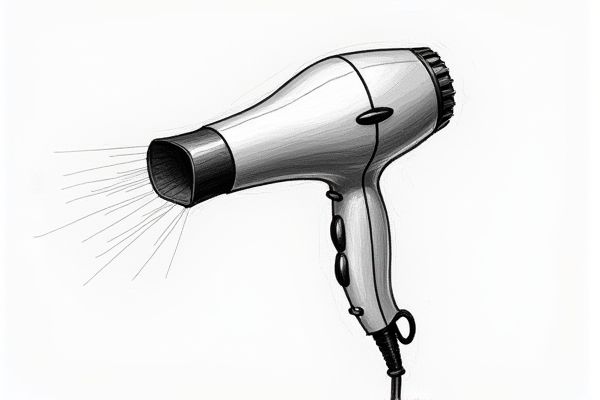
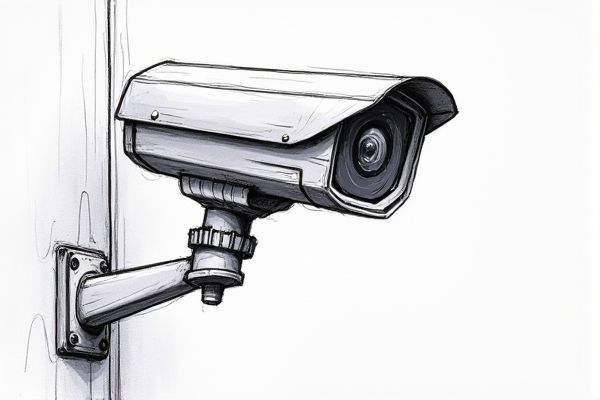
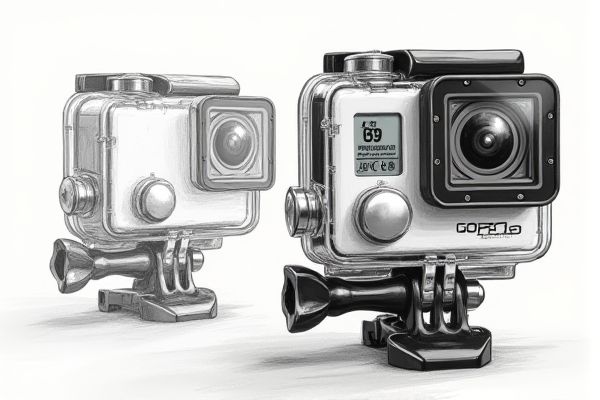

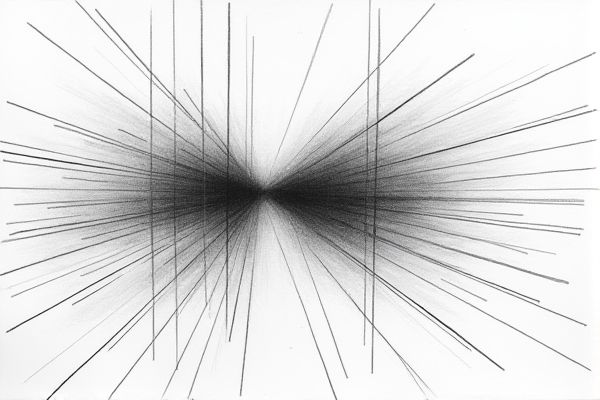
Leave a Reply
Your email address will not be published.